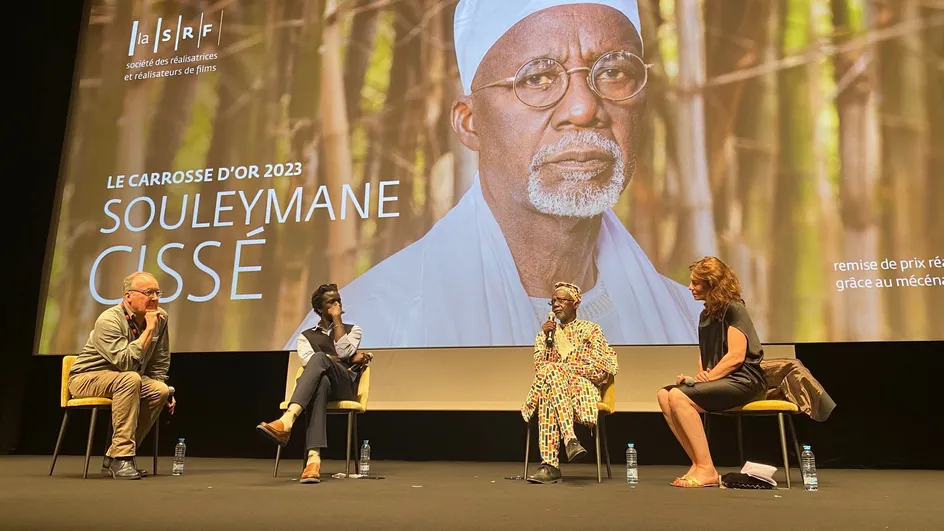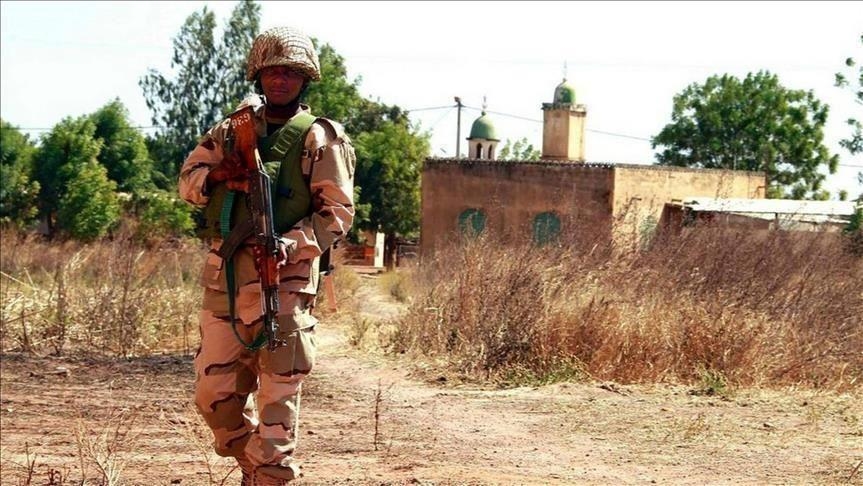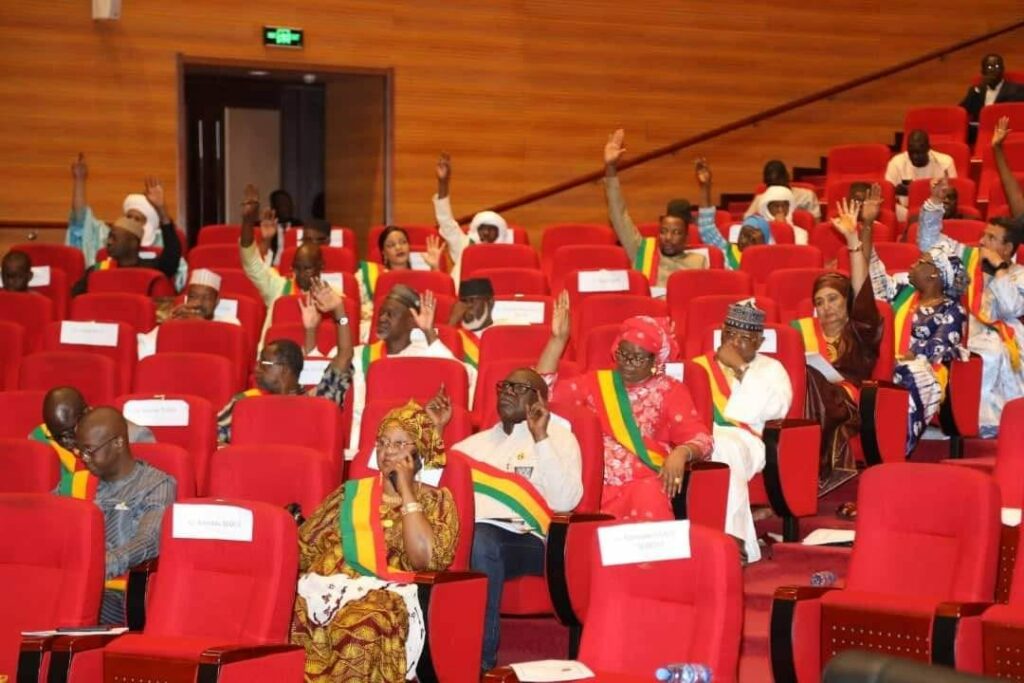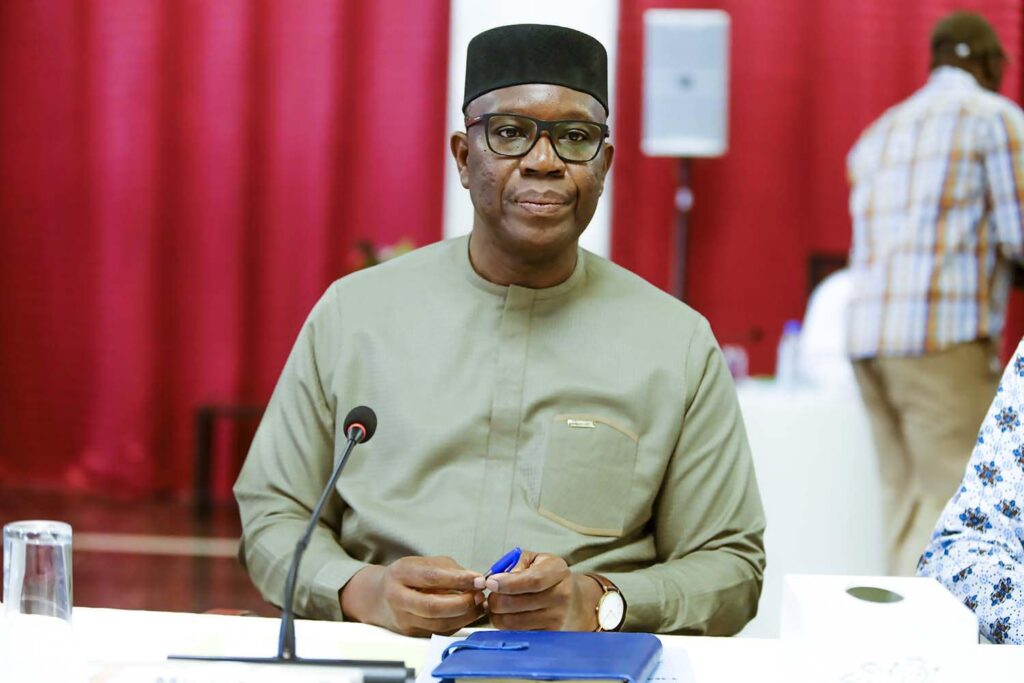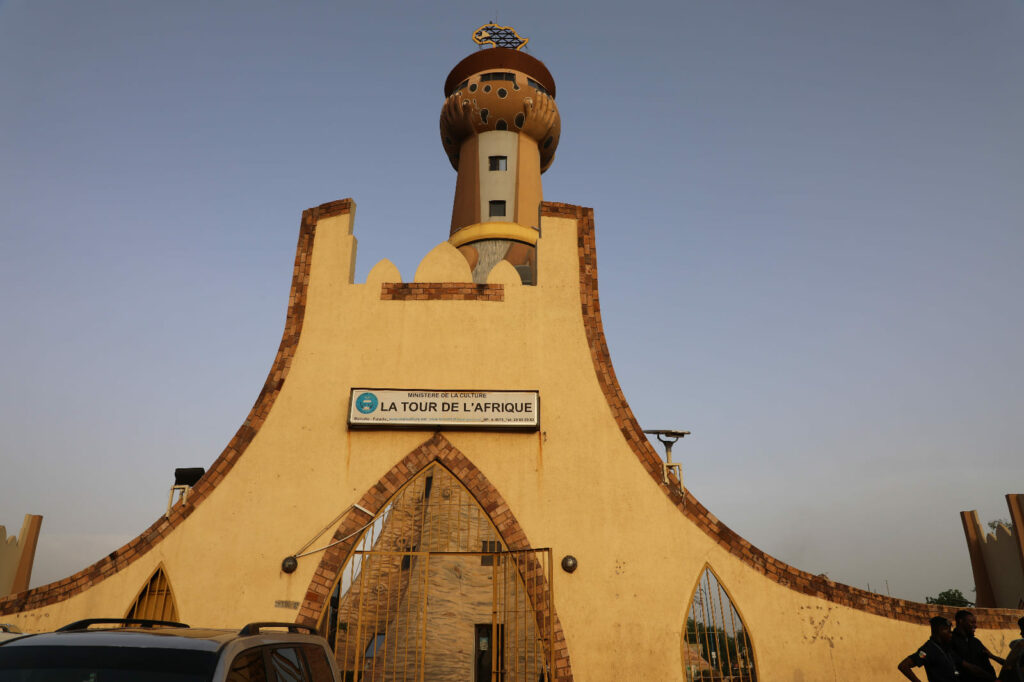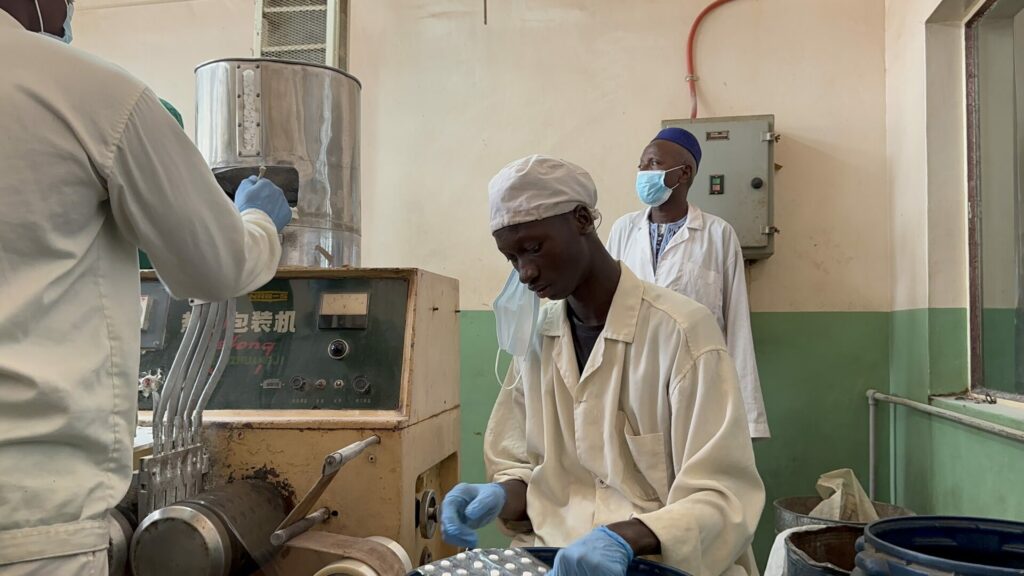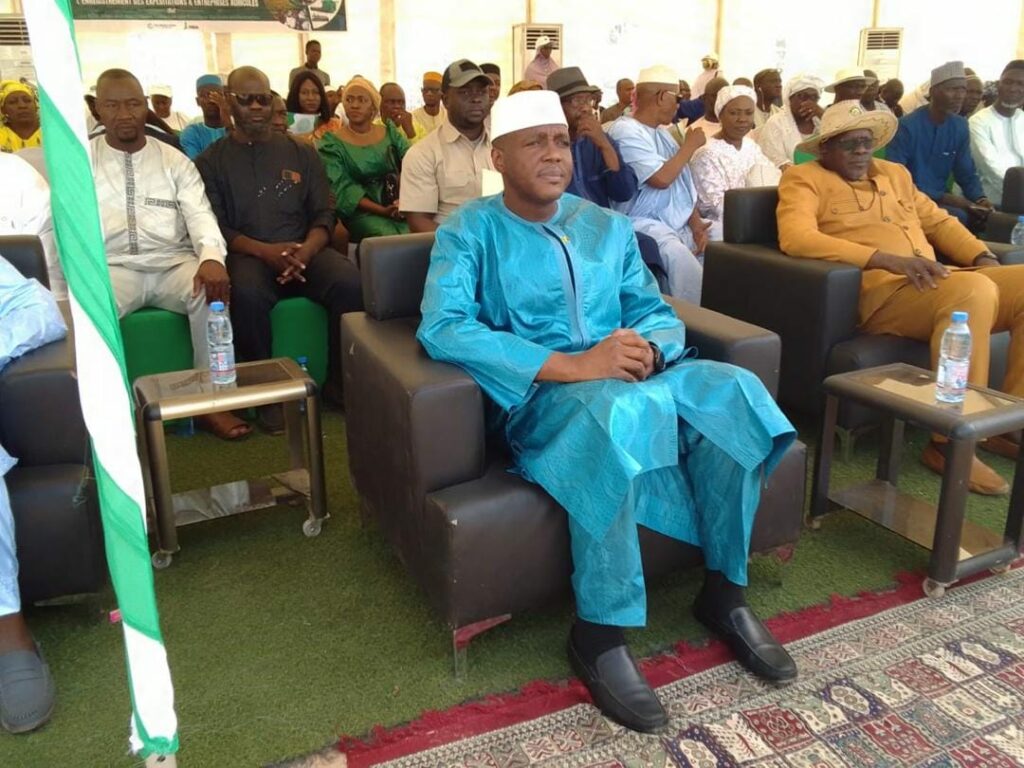INTERVIEW – The Malian director, who receives the Carrosse d’or on Wednesday, believes that “censorship” is preventing African films from being released in major Western cinemas.
Censorship” and “contempt” are preventing African films from being shown around the world, according to 83-year-old Malian director Souleymane Cissé, one of the fathers of the 7th art on this continent, who has won only one Palme d’Or to date.
LE FIGARO. – In May 1987, you received the Jury Prize for your film Yeelen . Thirty-six years later, you’re back at Cannes with the Carrosse d’Or, awarded on Wednesday to the Directors’ Fortnight . What does this mean for you? ?
Souleymane CISSÉ – I’d like to thank my colleagues for choosing me. This award encourages me to make new films, to reinvent myself and change my vision. While social cinema remains my DNA, I’m keen to explore other genres, such as fantasy. I’ve always wanted to make fantasy films, but the opportunity never presented itself. I also hope that, thanks to this award, projects dear to my heart that have been lying dormant in cupboards will be reawakened, including several documentaries.
You are often described as the grandfather of African cinema, one of its pioneers. What do you think of it? ?
Grandpa? I’m not sure. I have the impression that those who say this haven’t understood my work. All the films I’ve made are still relevant today. My first feature film, La Jeune Fille, which will be screened on Wednesday at the Fortnight, is about rape, and I think it’s a very sensitive film that doesn’t die with time. As for the new generation, I’ve always been and will remain optimistic. What we couldn’t achieve, they will. The fact that there are two African films in competition this year is a good sign. We have problems in Mali and Niger because unfortunately, for 50 years, our leaders have not wanted to understand the importance of cinema. In other countries, cinema is developing well. In Senegal, Côte d’Ivoire, Ghana and Nigeria, there’s great vitality. What’s a bit of a shame for me is that our films are deprived of the chance to be seen by European and American audiences.
What’s the problem?
For me, it’s primarily a distributor problem. As long as they’re not interested in our films, nothing will change. No matter how much we produce, no matter how much we want to, as long as European, American or Chinese audiences don’t have access to our films, we won’t make any headway. And I’m sure that censorship at the distribution level will eventually break down. When I say censorship, I mean preventing the release of African films in the big cinemas, the popular cinemas. Take France, for example. Very few African films are distributed properly in the country’s cinemas, despite the fact that audiences have always flocked to the cinema. That’s a lot of contempt. We simply don’t want to put filmmakers from Africa and the West on the same level. But cinema is all about meeting others. We’ve been trying to make quality films for 50 years, but we can’t see it on the screen. I was lucky enough to have my films distributed properly. But what about the others? To deprive the public of such films is to feed a kind of incomprehension about Africa. And when misunderstanding sets in, relations between countries become complicated. It’s a lose-lose combo.
Find out more at https://www.lefigaro.fr/festival-de-cannes/festival-de-cannes-souleymane-cisse-denonce-le-mepris-envers-le-cinema-africain-20230517

